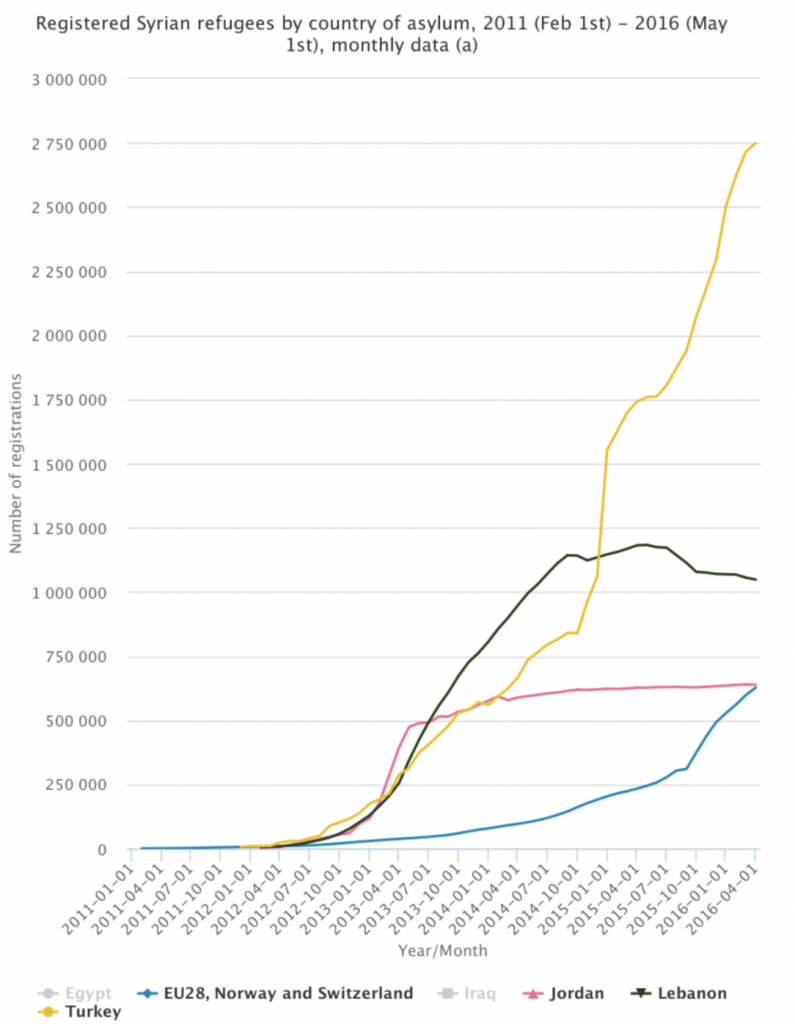about the simulation
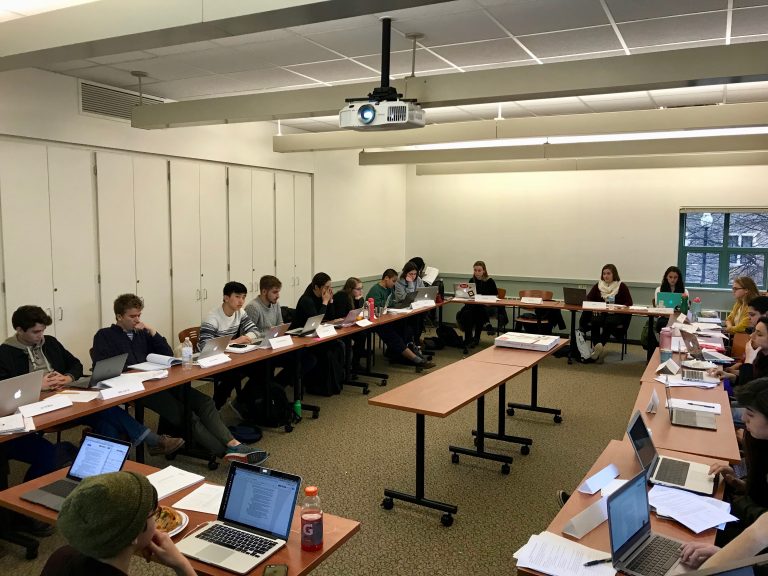
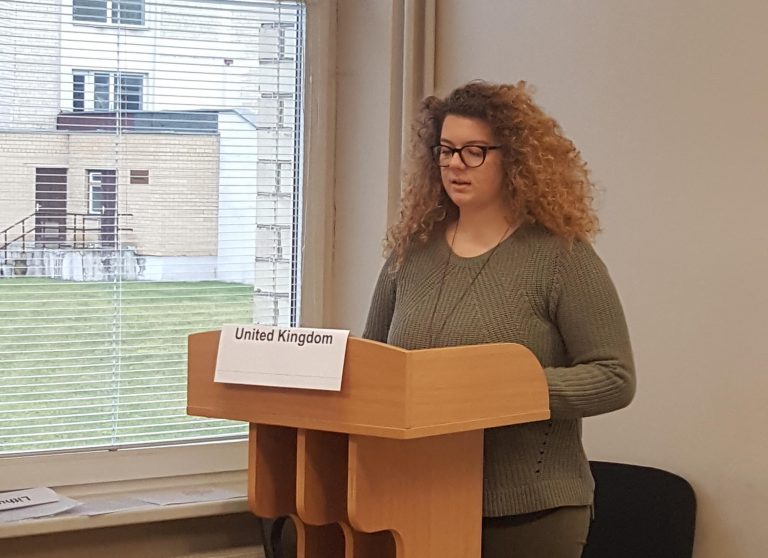
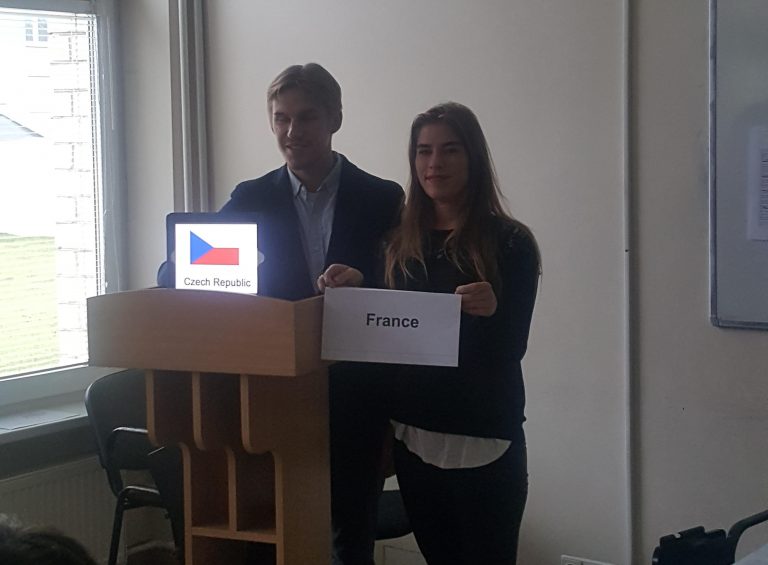
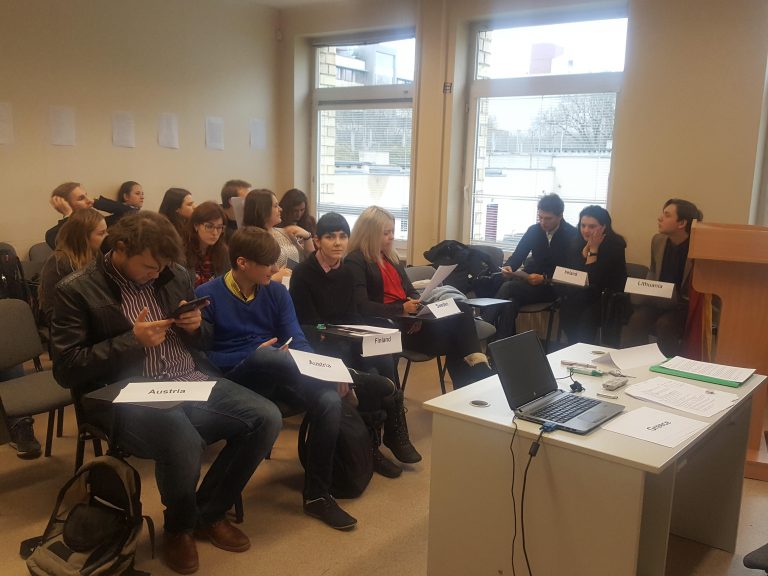
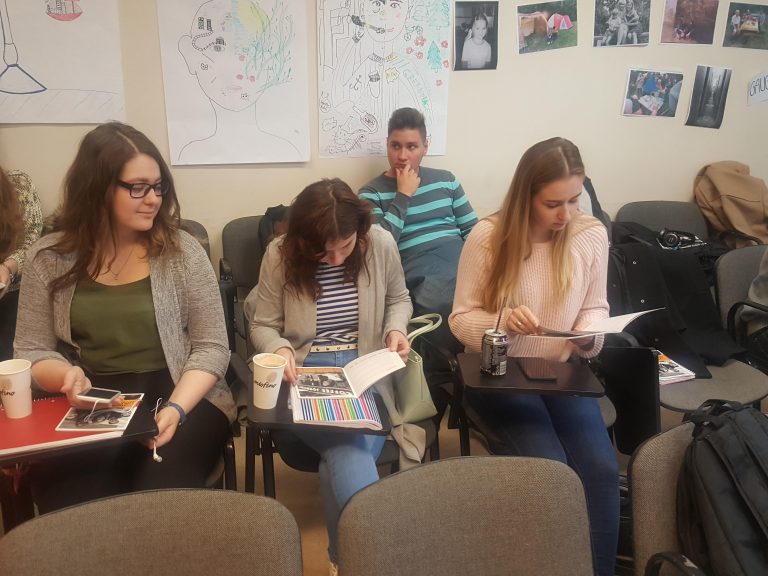
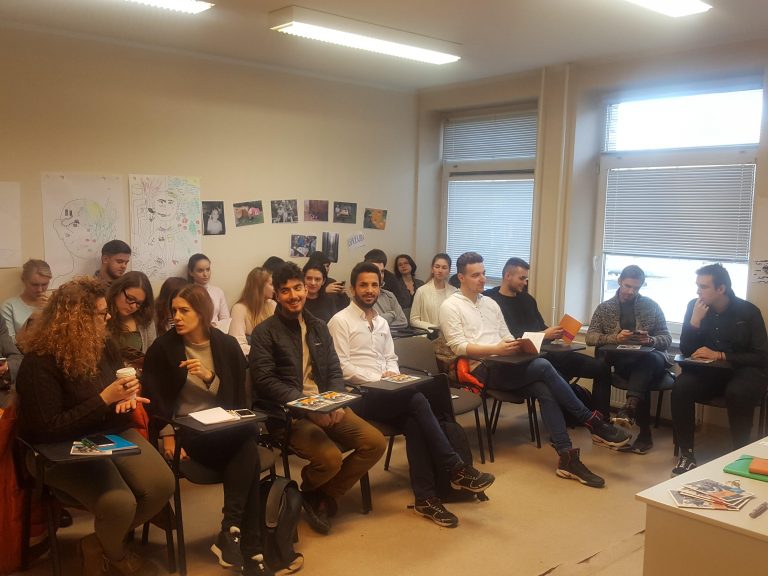
about the simulation
Students participate in a Model United Nations style simulation of a body relevant to a crisis central to conversations about global citizenship such as the refugee crisis or climate change in order to help them think about these issues from the perspective of a government. They read a background guide prepared by the course fellow, research current legislation on the topic and prepare papers outlining the position of a country they have been assigned. Then, students debate this from the perspective of that country for several hours and attempt to write a resolution to solve the issue. Students leave with a new understanding of why these issues have not yet been solved.
Refugee CRisis
About the issue
Migrants from the Middle East and North Africa (MENA) have flocked to industrialized Europe in recent years due to extreme poverty and political instability in their home region. These migrants can be divided into two groups: those seeking employment and those fleeing conflict. Those fleeing conflict are formally referred to as asylum seekers; asylum seekers are not granted refugee status unless member states decide they qualify following extensive legal proceedings.
Once in Europe, there are numerous additional concerns about readjustment and long-term settlement in Europe. The immediate concern is living conditions for refugees immediately after arrival. Refugee camps have been criticized by numerous politicians, human rights groups, and media sources for their subpar conditions due to overcrowding, a lack of infrastructure and utilities, and the inability of the state to provide resources. Beyond refugee camps, migrants often face difficulties integrating into European communities. Refugees from North Africa and the Middle East are overwhelmingly Muslim, while Europe’s right-wing has expressed concern over devout Islamic migrants’ ability to integrate into largely secular European life.
